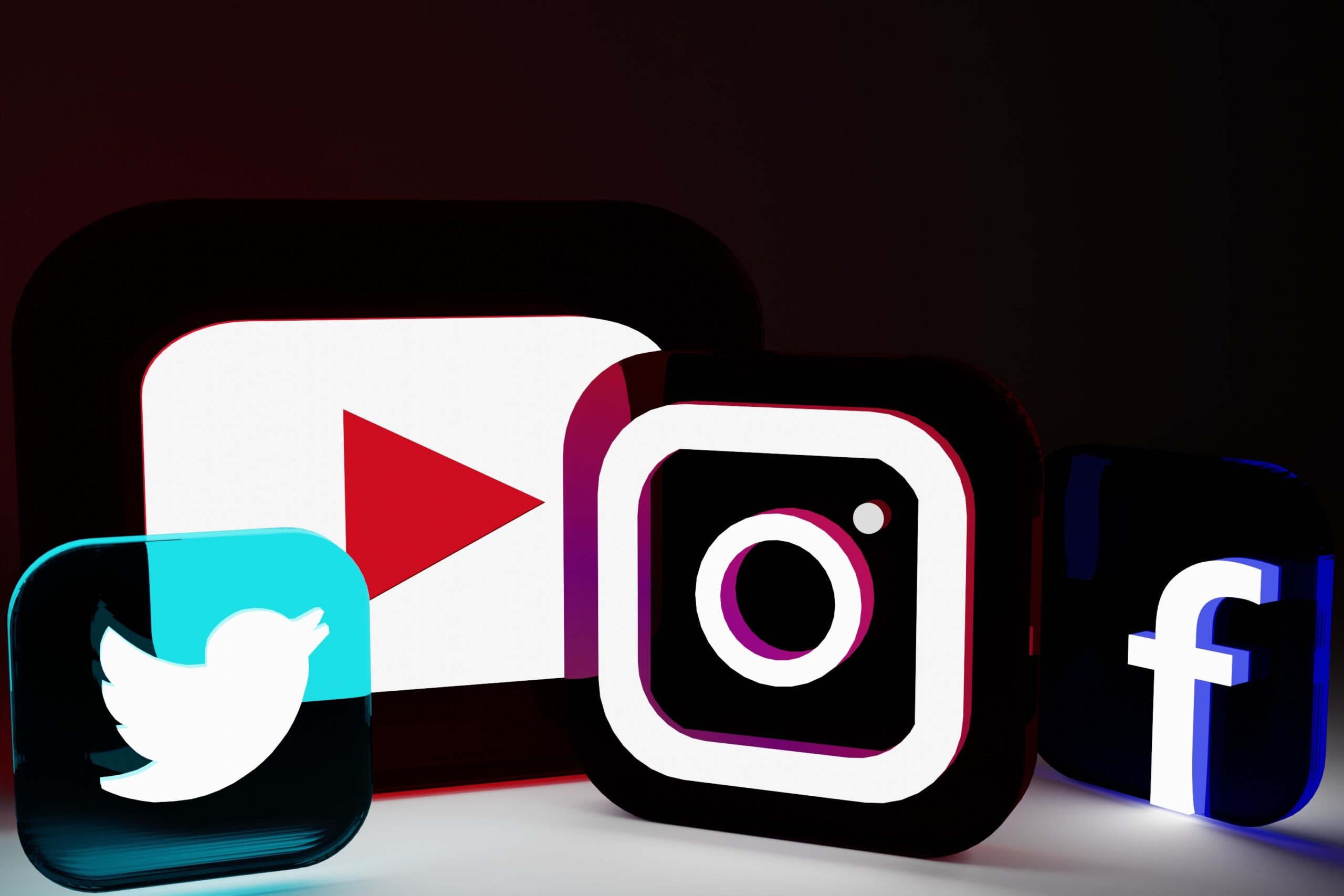Social media promises us a personalized, “personal” experience, carefully curated feeds to show us exactly what we want to see. It’s great, in theory. But how does it do it? Why should we be critical of it? And how should we do that?
Prosumerism
What is a prosumer? Estee Beck describes it as “a person who produces labor to consume goods and services that are also available in the marketplace,” and gives the example of building your own furniture from IKEA. We are all prosumers in one way or another. On the internet, big companies rely on our prosumerism to make them money. They use our unpaid labor, clicking around online, sharing content, to generate revenue.
Beck speculates that invention of of a method for sharing relationship information stored in social media with third party companies transformed how social media providers viewed sharing information with others. This invention, she says, made social media companies view the sharing of user data as a revenue stream. It is a commodification of human activity and engagement–and us, the users, don’t get any share of the profit. Unless you count the personalization that we get as profit…but to me, it feels like an unfair trade.
Personal Biases Reinforced- For Profit!
Something called a “filter bubble” tends to occur when social media offers personalization. The algorithms that filter things for us present us with content that reinforces our existing values. This limits people’s access to contrary information, and limits their engagement with political, social, and cultural ideas. In essence, it traps people in an echo chamber, where they only hear what they’re already saying. Though this filter bubble is a concern for online democracy, it is a boon for businesses who are trying to generate revenue. They can take what we’re saying and sell it right back to us.
Resistances: Open-Source, Education
One method of resistance to corporate prosumerism is open-source content. Beck views open-source as “interactive and dynamic sharing of content that benefits and improves systems, processes, individuals, and societies as the currency for the exchange of information.” Content creators create not for third-party revenue, but for educational and/or open distribution purposes.
Another form of resistance can be gained through educating others. If we share information on critical digital literacies with others, they will become more able to access, evaluate, and use knowledge in digital spaces without falling prey to the manipulative forces of Big Data companies. Beck offers several methods for doing this: creating articles for non-academic publications to educate the general public, contributing funds to non-profits organizations like the American Civil Liberties Union, raising awareness by writing in to local newspapers, and talking to people in our daily lives about matters of critical digital literacies.
Personal and Professional Balance and Gain
Just as companies are profiting off of social media, we can utilize social media platforms for personal benefits if we go about it in an informed, critical way. Beck emhpasizes the idea that users do have a choice in how they interact with social media. We can use that agency to rally for the common good, and we can also use it to “play with a dynamic and fluctuating identity online.”
Amber Buck talks about how graduate students “perform professionalism” on social media, ultimately striking a balance between personal and professional on these platforms. Professionals need to navigate communication with multiple audiences as they interact on social media. Professionalism is important, but at the same time, we do not want to become “bland, corporate versions” of ourselves in online spaces. Some ways of preventing this include creating different accounts for different audiences, controlling different audiences on one account (such as Facebook allows), or simply being mindful as you blend personal and professional together under one umbrella.
As someone who has to engage with social media for career purposes (writers need to build an audience for future publication), I struggle with creating an online persona. The blending of professional and personal is hard. I don’t want to be boring, but I also don’t want to give everyone on the internet access to my personal life. It’s a balance I am still trying to strike.





Leave a Reply